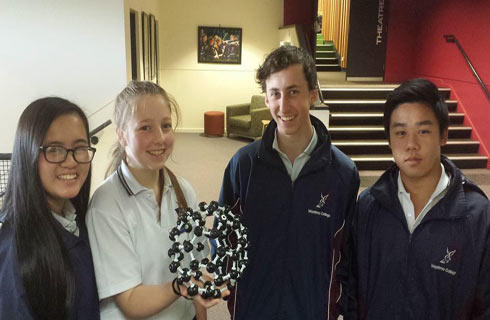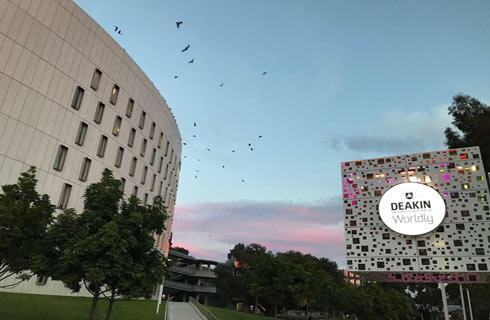Bachelor of Arts in Astronomy

学历文凭
Bachelor Degree

专业院系
School of Arts and Sciences

开学时间

课程时长

课程学费

国际学生入学条件
Students must have high school equivalent to USA. A strong GPA in high school is one indicator that you will continue to do well in college.
Most successful applicants score above 100 on the TOEFL exam or above 7 on IELTS.
IDP—雅思考试联合主办方

雅思考试总分
7.0
- 雅思总分:7
- 托福网考总分:100
- 托福笔试总分:160
- 其他语言考试:Duolingo - 130
CRICOS代码:
申请截止日期: 请与IDP联系 以获取详细信息。
课程简介
相关申请
 预科
预科 奖学金
奖学金 实习机会
实习机会 在校学习
在校学习 跨境学习
跨境学习 校园授课-线上开始
校园授课-线上开始 在线/远程学习
在线/远程学习
开学时间&学费
学费信息仅供参考,请与IDP联系以获取详细信息
| 开学时间 | 时长 | 学费 | 地点 |
|---|
学校排名

世界排名99
数据源:
泰晤士高等教育世界大学排名
关于达特茅斯学院

达特茅斯学院成立在1769年,建校的最初目的是为了教育印第安人。达特茅斯一直是常青藤联盟中学生人数最少的。虽然达特茅斯学院也开设有工程、商业、医药等研究生课程,但是与其他几所常春藤学校相比,达特茅斯更注重本科教育。达特茅斯大学作为八大常青藤联盟的成员之一,学术上的卓越自然不必多言,但是这并不意味着学生在选择课程时可以完全随心所欲。除了开设常规介绍性课程以外,学校还开设深化和补充课程,还提供学院层次的奖学金的相关介绍。达特茅斯要求学生必须熟练掌握至少一门外语,还必须学习三门世界文化课程。此外,达特茅斯的大四学生有一个毕业设计活动,学生们通过论文、公众报告、展出、研讨会、出版物等形式,用自己的聪明才智完成专业相关设计。一名大四的学生说,“整个校园就是一个巨大的,互动的,不断学习的社区”。
本校相关课程

Master of Science in Computer Science
学历文凭
Masters Degree
开学日期
课程费用总额


Master of Science in Engineering Sciences
学历文凭
Masters Degree
开学日期
课程费用总额


Master of Business Administration
学历文凭
Masters Degree
开学日期
课程费用总额


Master of Arts in Liberal Studies
学历文凭
Masters Degree
开学日期
课程费用总额


Master of Arts in Earth Sciences
学历文凭
Masters Degree
开学日期
课程费用总额


Master of Engineering Management
学历文凭
Masters Degree
开学日期
课程费用总额

其他相关课程

物理学和天文学理学学士(荣誉学位)
 滑铁卢大学
滑铁卢大学学历文凭
Bachelor Degree with Honours
开学日期
课程费用总额


物理与天文学理学硕士
 曼尼托巴大学
曼尼托巴大学学历文凭
Masters Degree
开学日期
课程费用总额


物理学与天文学理学学士
 曼尼托巴大学
曼尼托巴大学学历文凭
Bachelor Degree
开学日期
课程费用总额


物理学与天文学理学学士(一般)
 曼尼托巴大学
曼尼托巴大学学历文凭
Bachelor Degree with Honours
开学日期
课程费用总额


物理学和天文学理学学士(荣誉学位)
 曼尼托巴大学
曼尼托巴大学学历文凭
Bachelor Degree with Honours
开学日期
课程费用总额


物理与天文学哲学博士
 约克大学
约克大学学历文凭
Ph.D.
开学日期
课程费用总额










 美国
美国